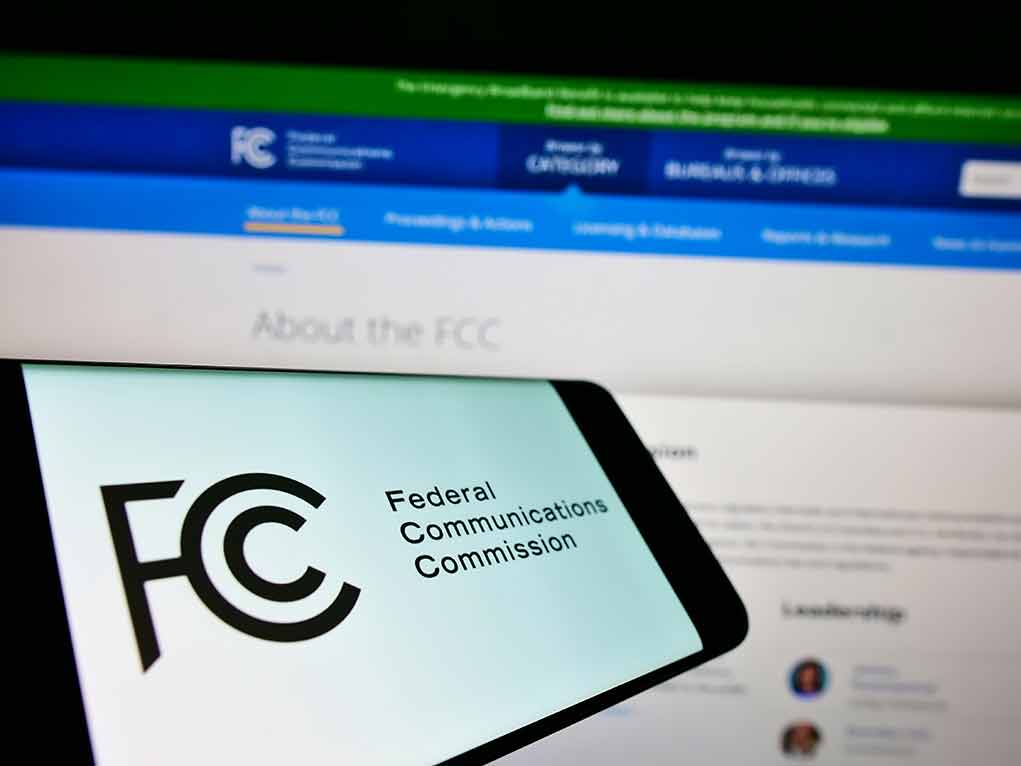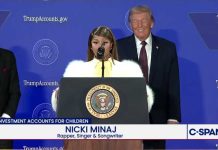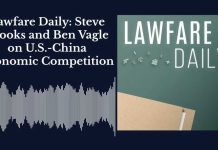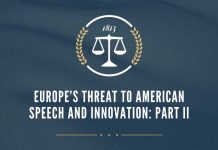
The Federal Communications Commission (FCC) has launched an investigation into PBS and NPR over alleged commercial advertisement violations.
Key Takeaways
- FCC Chair Brendan Carr is investigating PBS and NPR for possible violations of federal law regarding commercial advertisements.
- The investigation focuses on whether underwriting announcements cross into prohibited commercial territory.
- This probe occurs amid congressional debates on continued taxpayer funding for public broadcasting.
- NPR and PBS assert compliance with FCC regulations and have expressed confidence in proving adherence to rules.
- The outcome may significantly impact the future of public broadcasting funding in the United States.
FCC Launches Probe into Public Broadcasting
In a move that has sent ripples through the media landscape, FCC Chair Brendan Carr has announced an investigation into the Public Broadcasting Service (PBS) and National Public Radio (NPR). The probe centers on allegations that these public broadcasters may be airing sponsorships that resemble prohibited commercial advertisements, potentially violating federal law.
The investigation specifically focuses on Section 399B of the Communications Act, which prohibits public broadcasters from airing advertisements. Carr’s concerns stem from the nature of underwriting announcements used by NPR and PBS, which he argues may be crossing the line into commercial territory.
FCC chair launches investigation into NPR, PBShttps://t.co/clRyN0EtJz pic.twitter.com/zmlEvAXhtG
— NBC4 Columbus (@nbc4i) January 31, 2025
Public Broadcasters Respond
Both NPR and PBS have swiftly responded to the allegations, asserting their compliance with FCC regulations. They express confidence in their ability to demonstrate adherence to the rules governing public broadcasting.
“NPR programming and underwriting messaging complies with federal regulations, including the FCC guidelines on underwriting messages for noncommercial educational broadcasters, and Member stations are expected to be in compliance as well. We are confident any review of our programming and underwriting practices will confirm NPR’s adherence to these rules,” NPR’s Katherine Maher said.
PBS echoed this sentiment, emphasizing their commitment to providing noncommercial educational programming to all Americans through their member stations. The broadcasters maintain that their underwriting practices fall within the bounds of FCC guidelines.
Political Implications and Funding Debates
The timing of this investigation is particularly significant, as it coincides with ongoing congressional debates about whether to continue funding NPR and PBS with taxpayer money. Republicans, including former President Donald Trump, have long advocated for ending public funding for these organizations, citing perceived political bias.
The conservative Media Research Center has voiced support for defunding NPR and PBS, while Democratic FCC Commissioner Geoffrey Starks criticized the investigation as a threat to the free flow of information. The American Civil Liberties Union (ACLU) has also weighed in, suggesting that the probe could potentially threaten press independence.
Broader Media Landscape Implications
This investigation comes at a time when the media landscape is already under scrutiny. Carr recently criticized NBC, alleging it hosted Vice President Kamala Harris on “Saturday Night Live” without offering equal time to other candidates, potentially violating the FCC’s equal-time rule. These incidents highlight the complex regulatory environment in which both public and commercial broadcasters operate.
As the FCC’s investigation unfolds, the future of public broadcasting in America hangs in the balance. The outcome could have far-reaching consequences for the funding and operation of NPR and PBS, which collectively distribute content through approximately 1,500 member stations licensed by the FCC. For now, all eyes are on Carr and the FCC as they delve into the intricacies of public broadcasting regulations and their application in today’s media environment.
Sources
- FCC chair launches investigation into NPR, PBS
- Trump’s new FCC chief opens investigation into longtime conservative targets NPR, PBS
- FCC opens probe into whether NPR, PBS stations are breaking law by ‘airing commercials’
- Trump FCC chair targets NPR, PBS for investigation ahead of Congressional threats to defund




